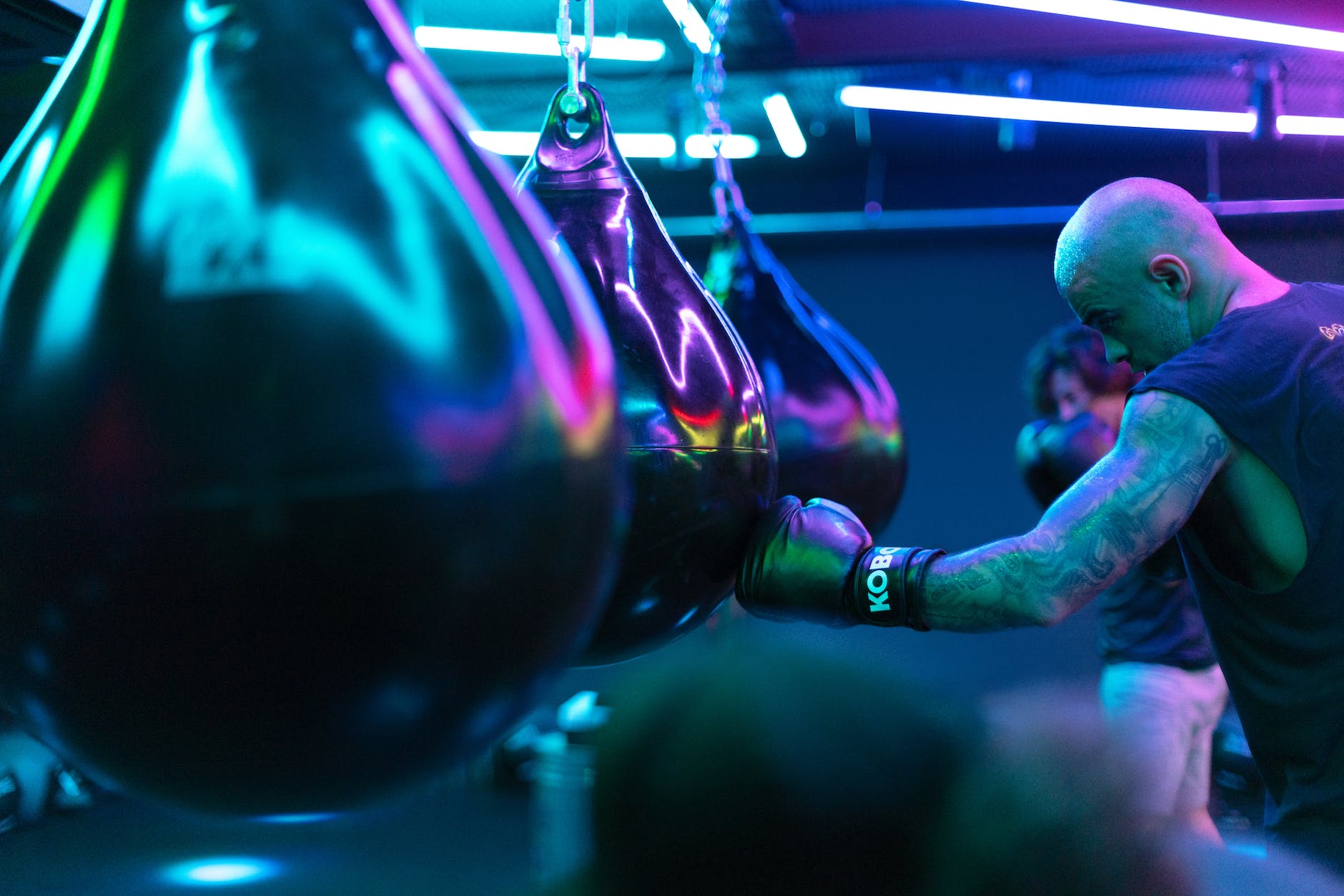CBD and Athletic Performance: Nature’s Secret Weapon for Recovery and Inflammation Reduction

CBD, or cannabidiol, has been making waves in the world of health and wellness for a plethora of reasons. Notably, its potential for improving athletic performance has caught the attention of many, from casual gym-goers to elite athletes.
The rewarding pain and muscle soreness post-workout are often considered a mark of a good training session. However, extensive and rigorous routines can lead to exercise-induced inflammation and possibly sports injuries if not correctly managed. Here, the role of CBD becomes significant as the miracle compound is renowned for its anti-inflammatory effects and ability to aid in sports recovery.
One of the significant benefits CBD offers to athletes is pain management. Athletes often subject their bodies to intensive training regimens that can result in inflammation, muscular damage, and sometimes even injuries. Conventional pain relief methods may work to an extent, but they come along with potential side effects. Thankfully, CBD stands as a natural alternative famous for its unique pain-relieving characteristics. It can help modulate pain perception within the body, making it a convenient addition to an athlete’s pack of workout supplements.
CBD enhances sports recovery processes not just by relieving pain but also by reducing inflammation. Exercise-induced inflammation is a common occurrence for athletes, especially those training at high intensities. While the body’s inflammatory response is necessary for muscle recovery and growth, too much inflammation can delay recovery time and hamper performance. The anti-inflammatory effects of CBD come into play here. Studies suggest that CBD, by interacting with the body’s endocannabinoid system, can reduce inflammation and aid in speeding up the recovery process.
Apart from its pain-relieving and anti-inflammatory benefits, CBD is also known for its potential to improve sleep quality. Good sleep is crucial for proper recovery as it is during this resting phase that the body repairs damaged tissues and builds stronger muscles. CBD can enhance sleep quality by reducing anxiety and promoting relaxation, contributing to faster muscle recovery and better athletic performance.
Moreover, CBD could also play a role in boosting stamina and endurance. During exercise, the body produces stress hormone cortisol that influences the creation of glucose required for energy. However, excessively high cortisol levels can lead to an unexpected drop in blood glucose level, resulting in a decrease in performance or ‘hitting the wall.’ Studies suggest that CBD can regulate cortisol secretion, thus potentially improving endurance in athletes.
In conclusion, CBD seems to hold promising potential in enhancing athletic performance. Its abilities to manage pain, reduce inflammation and anxiety, improve sleep, and possibly even enhance endurance make it an interesting prospect for inclusion in athletes’ recovery regimes. However, like any supplement, athletes should use CBD responsibly. Always consult with a healthcare practitioner beforehand to understand the optimal dosage and to ensure CBD won’t interact negatively with any other medications or supplements being used. Remember, while CBD can contribute significantly to sports recovery and performance, nothing can replace the fundamentals of a balanced diet, proper hydration, adequate rest and a well-planned training regimen.
While the use of CBD in the realm of sports and fitness continues to grow, more empirical studies are required to fully understand its benefits and potential side effects. But one thing’s for sure: as a holistic, plant-based solution with numerous potential benefits and minimal side effects, CBD is undoubtedly worth keeping an eye on in the world of athletic performance and recovery.
CBD, or cannabidiol, has been making waves in the world of health and wellness for a plethora of reasons. Notably, its potential for improving athletic performance has caught the attention of many, from casual gym-goers to elite athletes. The rewarding pain and muscle soreness post-workout are often considered a mark of a good training session.…
Recent Posts
- The Emerging Frontiers: The Future of CBD Research and Development
- CBD and Sleep: Unraveling the Beneficial Effects of Cannabidiol on Insomnia
- Embracing the Renaissance: CBD in Skincare and the Latest Trends
- Exploring the Multifaceted Methods of Consuming CBD
- Exploring the Benefits and Safety of CBD for Pets
Recent Comments
Categories
- Alternative and Natural Health Remedies
- Alternative Health and Wellness
- Alternative Medicine and Pain Management
- Beauty and Skincare
- Beauty and Wellness
- CBD and Health
- CBD and Law
- CBD and Mental Health
- CBD Consumption
- CBD Education & Research
- CBD Laws Worldwide
- CBD Legalities and Regulations
- CBD Legality
- CBD Products
- Cooking and Wellness
- Fitness and Wellness
- Health and Beauty
- Health and Fitness
- Health and Fitness, CBD Use
- Health and Law
- Health and Science
- Health and Skincare
- Health and Sports
- Health and Wellness
- Health and Wellness, Skincare
- Healthcare and Wellness
- International Law
- Law and Cannabis Industry
- Law and Regulations
- Law, Health, and Regulations
- Legal
- Legal Regulations on CBD
- Legal Resources
- Legal/CBD Industry
- Legal/Fitness & Health
- Mental Health and Wellness
- Mental Health, Natural Remedies
- Natural Remedies
- Natural Remedies and Alternative Medicine
- Pet Care and CBD
- Pet Health and Wellness
- Pet Wellness/Animal Health
- Science and Health
- Science, Health and Wellness
- Skin Care and Wellness
- Skin Health & Wellness
- Skincare – Natural Remedies
- Skincare and Beauty
- Skincare and Wellness
- skincare, beauty, CBD, wellness
- Sleep Health and Wellness
- Uncategorized